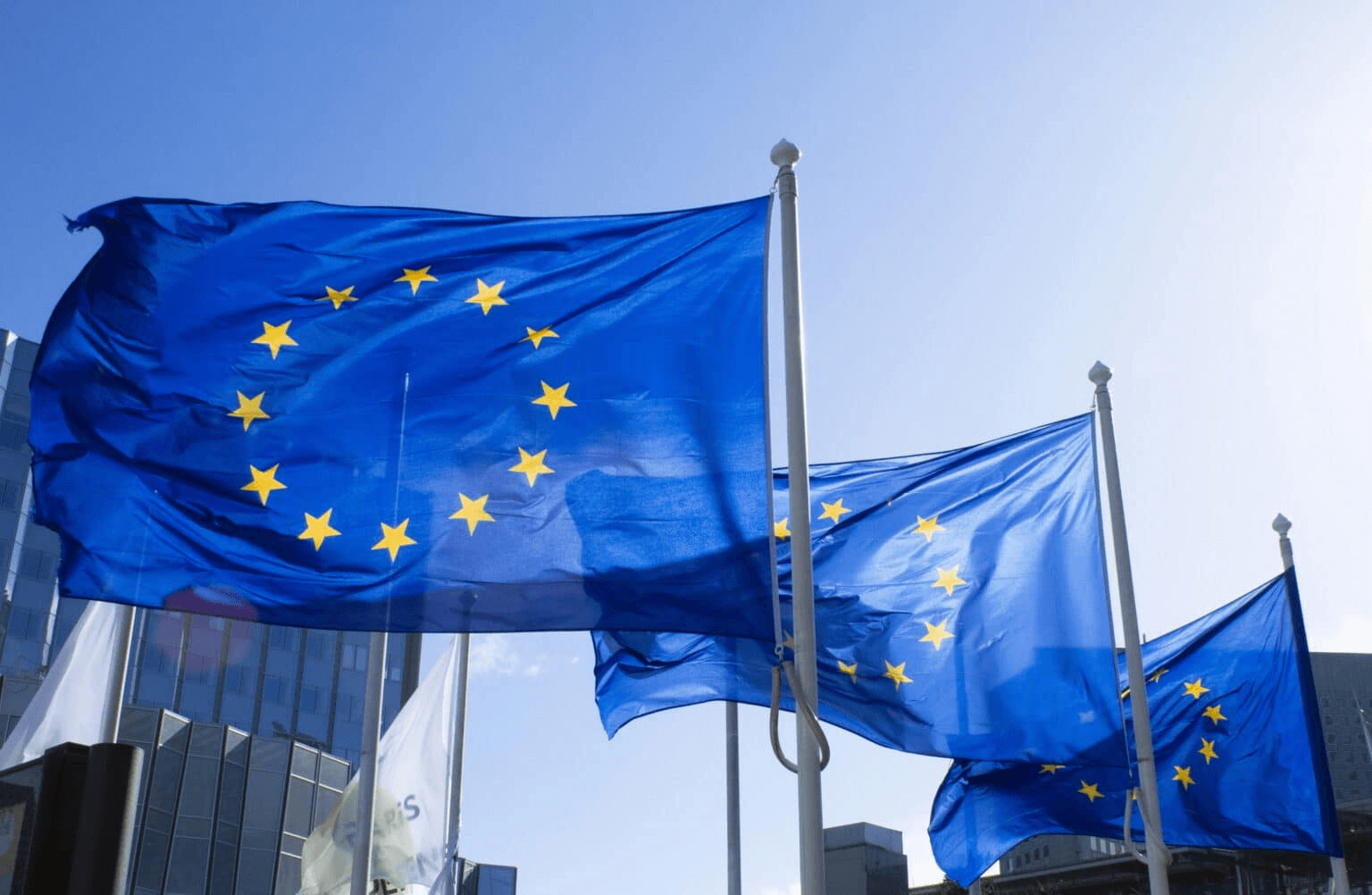Decarbonisation through Digitalisation? The Benefits and Challenges of Digitalising Renewable Energy Infrastructures in Scotland

The paper “Decarbonisation through Digitalisation? The Benefits and Challenges of Digitalising Renewable Energy Infrastructures in Scotland” will be presented at the FSR Sustainability Conference on “Greening Infrastructures” (22 June 2022).
Abstract
This is an interdisciplinary study, funded by a UKRI ESPRC STEM Equals Network Plus grant (2020-2021), combining perspectives from engineering, data science, law, sociology and policy. In doing so we critically assess the digitalisation of (renewable) energy infrastructures and deployments in the UK, with a focus on Scotland in the post-Brexit regulatory and policy environment. Digitalisation of energy can bring considerable decarbonisation benefits in terms of increasing efficiencies in the system, facilitating a larger share of renewables in the energy mix and allowing non-traditional energy generators such as individuals and community networks to exist and participate in the network.
However the digitalisation of energy also presents some risks and challenges, including cybersecurity and data protection issues, ensuring the trustworthiness of the data in the systems, and the ‘hidden costs’ or environmental externalities that digital data by its very existence and the infrastructures it relies on produces. Our study’s purpose is to consider both the benefits and costs of digitalising (renewable) energy infrastructures and the extent to which regulatory, legislative and policy frameworks in Scotland, the UK and the EU acknowledge and address these benefits and costs.
Research Design and Expected Results
Using legal and policy analysis methods, in this contribution we consider the extent to which the digitalisation and decarbonisation of the energy network as policy and regulatory goals are occurring in concert with each other, and the extent to which the ‘costs’ of digitalisation are acknowledged – and overcome – in energy and digital regulation and policy. Our focus is on the UK and in particular Scotland (where we are based) which has large renewable energy deployments and the potential for more, with the devolved Scottish government strongly encouraging renewables, decarbonisation and digitalisation as policy goals. We also consider relevant legal and policy frameworks at the UK level, and the effect of the UK leaving the European Union (‘Brexit’) on regulation and policy in this area; in particular we compare the Scottish/UK situation with that in the EU’s Green New Deal and Clean Energy for All Package.
We consider that while some challenges of digitalisation are acknowledged in current Scottish and UK law and policy in digital (renewable) energy, there is still a rather optimistic approach to digital data with a lack of coherence among different legal and policy frameworks which apply to digital (renewable) energy. While the means to decarbonise energy is digital, there must be better alignment between cybersecurity, energy regulation, climate change policy, & data protection to more effectively further decarbonisation.
Don’t miss any update on this topic
Sign up for free and access the latest publications and insights













